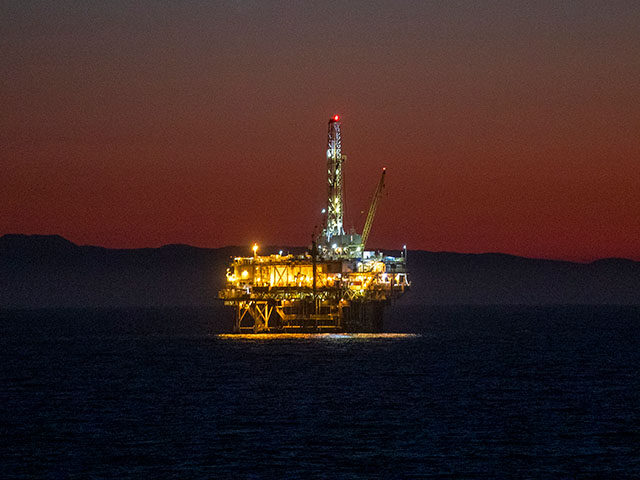Canadian Energy and Natural Resources Minister Jonathan Wilkinson said Wednesday that with the voluntary return of 23 permits by Chevron Canada in February, energy companies have surrendered the last of the outstanding permits for oil and gas drilling off Canada’s Pacific coast.
“With these final permits, Natural Resources Canada has officially secured the surrender of all 227 permits in the Pacific offshore,” Wilkinson said, describing the achievement as a milestone in “protecting the ecologically rich waters of Canada’s west coast.”
Canada’s provincial and federal governments imposed a moratorium on issuing any new oil and gas exploration permits off its western coastline in 1972. The stated reason was to avoid possible environmental disasters and interference with fishing operations in the area; no one was talking about “decarbonization” at the time. Permits issued before 1972 were still technically valid, but effectively impossible to use.
Canada considered lifting the ban and issuing new permits in the 1980s, but the 1989 Exxon Valdez tanker accident scuttled those plans. The energy industry’s hopes rose when a scientific review requested by the government of British Columbia in 2002 concluded there was no scientific justification for the moratorium, provided a set of recommendations for protecting fisheries, coastal residents, and the environment were followed.
A federal panel reached similar conclusions in 2004, but the moratorium remained in place, partly due to the sense that First Nations tribal groups in the coastal region were opposed to drilling.
Sensitivity to ecology and the First Nations soon gave way to the grand drive for “decarbonization” and the fate of Pacific Coast oil exploration was sealed. A First Nations-led conservation initiative that received heavy funding from Ottawa drove the final nails into the coffin. One of the primary goals of this initiative was to create a vast network of refuges for marine life along the coast, which would not be possible if oil and gas drilling projects were operating in the area.
According to Wilkinson, the last outstanding permits were surrendered by Chevron Canada, which held the exploration rights to about 5,900 square kilometers in the Pacific. Some of those permits included territory within the conservation areas for marine life.
Chevron Canada announced two weeks ago that it would not pursue development in the permitted areas. The company said it otherwise remains “committed to safely and responsibly developing Canada’s onshore and offshore oil and gas resources.”
ExxonMobil last year surrendered nine British Columbia permits it had held for more than fifty years.

COMMENTS
Please let us know if you're having issues with commenting.